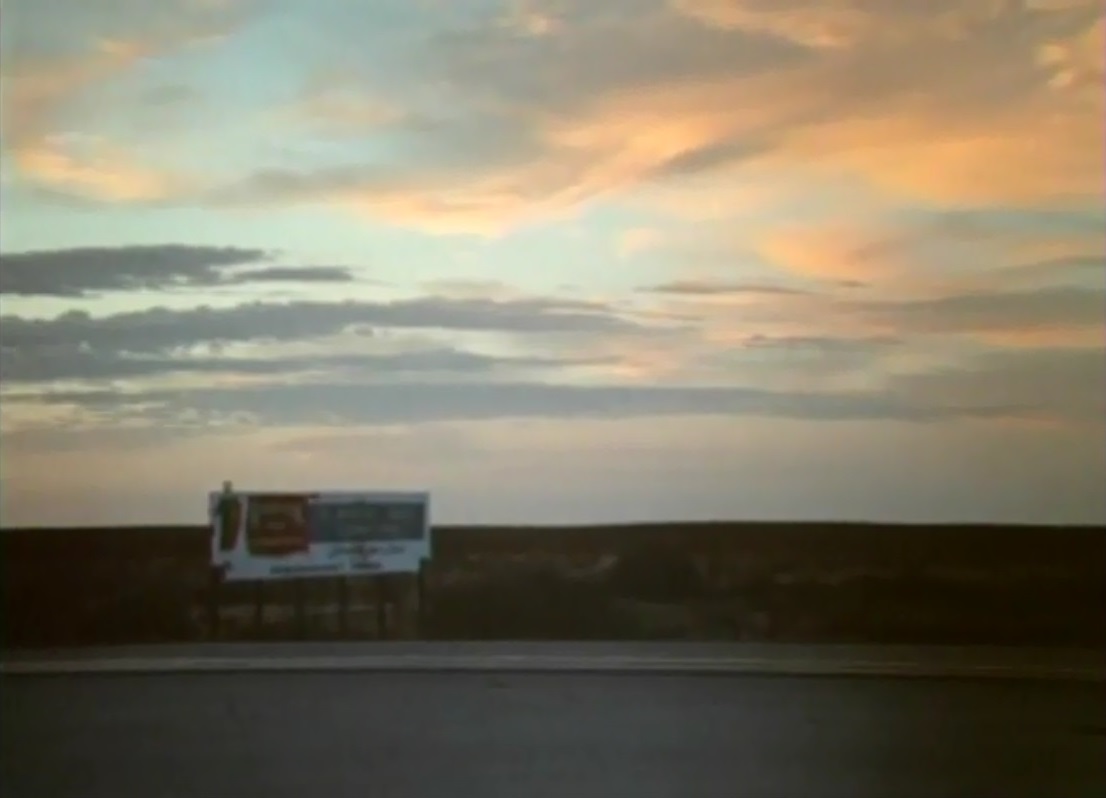The Honkers

“Ya know, every time I come back home here, always reminds me o’
why I left.”
André Breton had a question for his colleagues, “justify our leaving home,” answered here just as easily as
Dr. Johnson on Bishop Berkeley.
Card tricks, says Houdini, are the poetry of the magician’s art,
thus rodeoing in the scheme of things,
two things it doesn’t confer necessarily are riches and “respectability”.
The dauntless daughter of oil money in an Italian sports car and
Indian feathers, “make a mother eat her young.”
The ending recalls both Frankenheimer’s Grand Prix and Rossen’s The
Hustler (earlier Ritt’s Hud). The structure in two parts is defined by a long lens
into which Ihnat’s hero slowly walks, filling the
screen, transcending the town and his fate (this no doubt is a memory of Huston’s
Moulin Rouge and its double structure).
The Hunting
Party
(dir. Don Medford after Stroheim) figures centrally at the cinema in town.
Perhaps another metaphor is expressed, film critics “borry”
hats and habitually come a cropper
and rarely if ever go the limit in
their work, perhaps critics are the real
bronco-busters after all, though in this instance none could get up, let alone stay on, save one only.
Vincent Canby of the New York Times, “sluggish and sentimental”. Roger Ebert (Chicago Sun-Times), not “the film it
might have been and telling the story it wants to tell.” TV Guide, “disappointing rodeo epic... ill-drawn and weak.” Time Out, “melancholy,
slow, closely detailed post-Western drama which lets rip with the moralising at the close”. Catholic News Service Media Review
Office, “gives
no reason why viewers should be expected to sympathize with an aging adolescent
loser who is incapable of making responsible decisions or understanding their
consequences.” Sandra Brennan (All
Movie Guide), “western saga”. Halliwell’s
Film Guide, the exception that proves the rule, “quiet, carefully accomplished
study of a man and his milieu.”